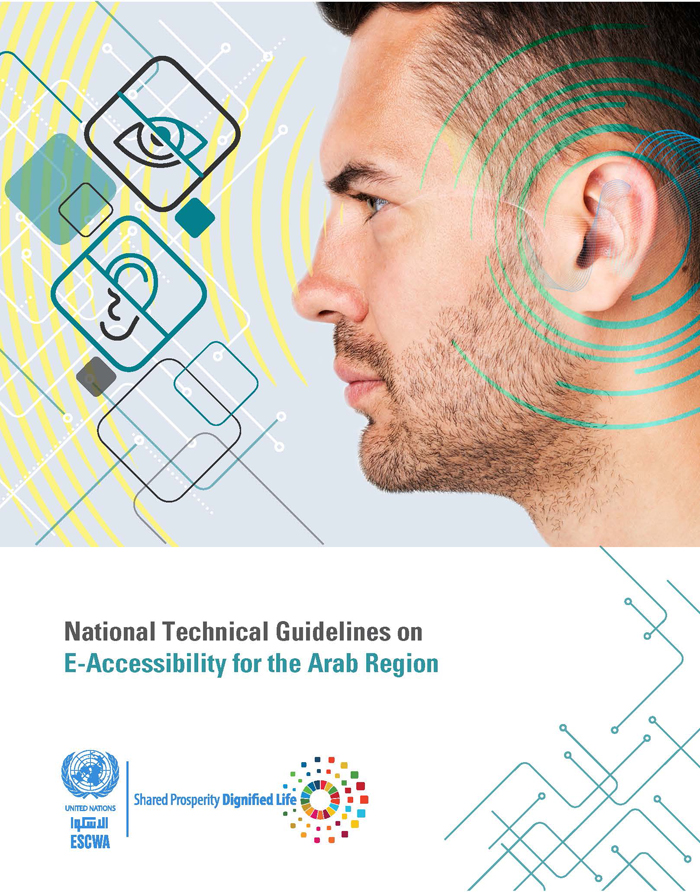In a technology-driven society that works toward leaving no-one behind, information and communications technologies (ICT) and digital accessibility is imperative. Digital inclusion and empowerment through ICT in the Arab region are only possible if technology and the services it delivers are designed and delivered in consideration of all people, regardless of age, gender, ability or location.
Organized in collaboration with the International Telecommunication Union, the second edition of the conference aims to raise awareness, share good practices and challenges, leverage capacity and encourage regional engagement in prioritizing digital accessibility to build inclusive digital societies and environments in the Arab region. Accessible Arab Region: ICT for ALL serves as a knowledge-development platform for open informative and interactive discussions with all interested stakeholders on the importance of mainstreaming ICT/ digital accessibility principles.
The event focuses on work and initiatives that promote policy implementation, strategies and resources to ensure the inclusion of persons with disabilities in the framework of the Sustainable Development Goals, the Convention on the Rights of Persons with Disabilities, the United Nations Disability Inclusion Strategy and other related global commitments.

